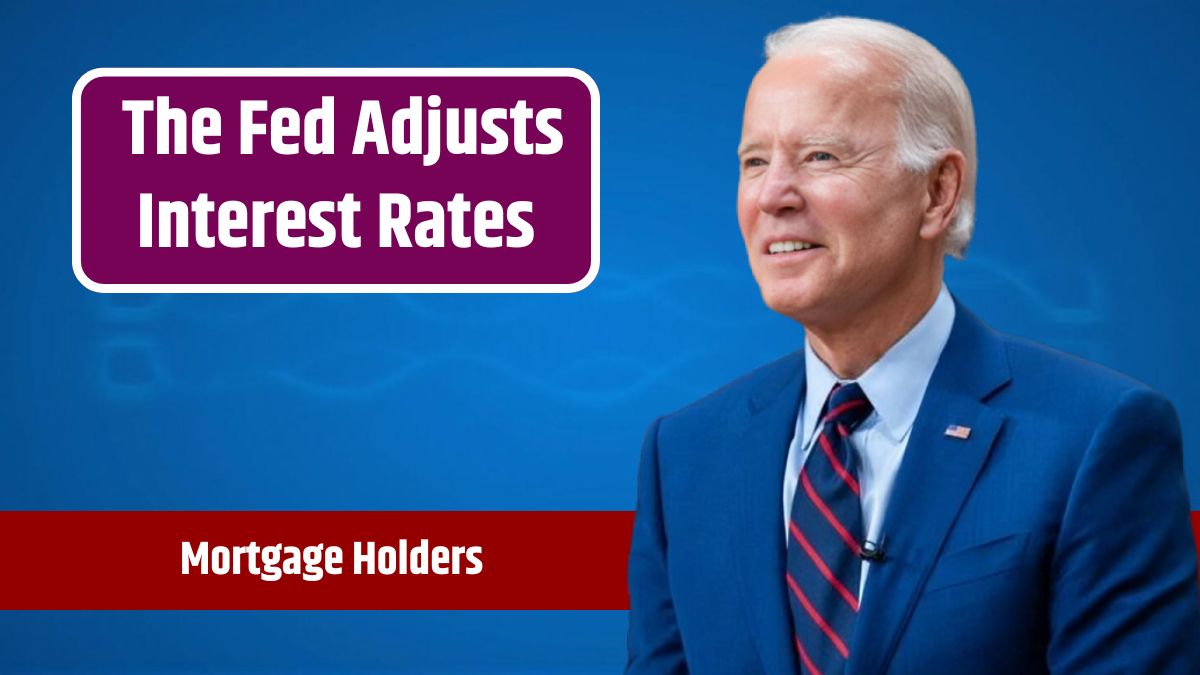Mortgage rates are on the rise again, marking a two-month high at 6.25%, the steepest climb since February 2023. With rates jumping for the third consecutive week, driven largely by the Federal Reserve’s recent policies to curb inflation, this increase could mean higher costs for both current and future homeowners across the nation. Here’s a look at why mortgage rates are climbing, how it affects you, and what experts recommend to handle the higher costs.
Mortgage Rates
The Federal Reserve’s monetary policies are a primary driver behind the current spike in mortgage rates. With inflation pressures persisting, the Fed has been implementing strategies to cool economic growth and stave off potential recession risks.
One of these strategies has been increasing the benchmark interest rate, which directly influences mortgage rates. Coupled with recent fluctuations in the 10-year Treasury yield, mortgage interest rates have risen sharply, making it more expensive for individuals to secure or maintain home loans.
This rise in rates has already impacted the housing market significantly, as shown by the 17% decrease in mortgage applications this past week. According to Joel Kan, an economist at the Mortgage Bankers Association, the rise in mortgage rates has discouraged new applications, a trend reflecting consumers’ hesitation to commit to higher borrowing costs.
High Rates
While rising rates might seem daunting, experts argue that they are not necessarily a bad omen. The fact that rates are going up indicates that the economy is showing resilience, particularly in the job market. “If the economy continues to outperform expectations, then you’re likely to see rates come down more slowly,” says Gerald Cohen, Chief Economist at the Kenan Institute of Private Enterprise at UNC Chapel Hill.
Additionally, while homeowners may face short-term challenges with increased monthly payments, higher rates could help stabilize the housing market. Financial analysts also note that while higher interest rates might increase borrowing costs, they tend to discourage speculative buying, which could bring housing prices to more affordable levels in the long term.
Expert Advice
For potential buyers, trying to time the market can be tempting, especially as mortgage rates fluctuate. However, experts generally advise against waiting for the “perfect rate.” Instead, they recommend buying a home when you can afford it and planning to stay in it long-term. This approach helps homeowners ride out the ups and downs of interest rates without needing to relocate frequently or refinance excessively.
By committing to a home long-term, you’re better able to absorb rate changes and reduce the need for a rapid sale or refinancing. This strategy not only helps homeowners handle rate volatility but also builds equity over time, which can provide financial security.
Young Buyers
The recent rate increases are particularly relevant for younger buyers who are already struggling with housing affordability. With homeownership rates low and rental prices surging, young people face an uphill battle. However, if high rates help to temper the rapid rise in home prices, this could bring some stability to the market, potentially making homeownership more attainable over time.
Although today’s mortgage rates may not feel like an immediate opportunity, they could lead to a more balanced housing market where properties are less subject to speculative price spikes.
Already Have a Mortgage
If you’re a current homeowner with a mortgage, the Federal Reserve’s rate changes may not directly impact you if you have a fixed-rate mortgage. Fixed-rate mortgages remain stable even as rates fluctuate, which means your monthly payment will not change. However, if you have an adjustable-rate mortgage (ARM), it’s essential to keep an eye on rate resets, as rising rates could increase your payments once your ARM adjusts.
Here’s a breakdown of what current and potential homeowners can expect depending on their mortgage type:
| Mortgage Type | Impact of Rising Rates |
|---|---|
| Fixed-Rate Mortgage | Monthly payment remains stable, unaffected by rate changes. |
| Adjustable-Rate Mortgage | Monthly payment may increase if rates rise, impacting affordability. |
| New Mortgage Applicants | Higher borrowing costs, but lower home prices may offset costs over time. |
Looking Ahead
The Federal Reserve’s recent moves, including an interest rate adjustment from 3.6% to 4.1%, reflect its cautious stance in managing inflation while avoiding a recession. The economy’s resilience, particularly the strong job market, means the Fed can raise rates without causing major disruption. But while higher interest rates help manage inflation, they also lead to short-term challenges for borrowers and new buyers.
Although the market is unpredictable, experts remain optimistic that higher interest rates could mean lower home prices in the future. By curbing demand for speculative properties, the Fed’s policies may help make housing more accessible, particularly for young buyers struggling with high rents and limited housing options.
For homeowners and buyers alike, the best approach is to stay informed, avoid market timing, and plan for a stable, long-term investment in housing. While higher mortgage rates might feel like a setback now, they are also part of a broader economic plan to ensure future financial stability.
FAQs
How are mortgage rates affected by the Fed’s policies?
The Fed’s monetary policies raise rates to control inflation, directly impacting mortgage rates.
Should I buy a home with rising mortgage rates?
Experts recommend buying when you’re financially ready and planning to stay long-term.
Do rising mortgage rates affect fixed-rate mortgages?
No, fixed-rate mortgages remain stable, unaffected by rate changes.
Why are mortgage applications declining?
Rising rates deter potential buyers due to increased borrowing costs.
Will home prices drop due to rising rates?
Higher rates may reduce demand, potentially stabilizing or lowering home prices.






